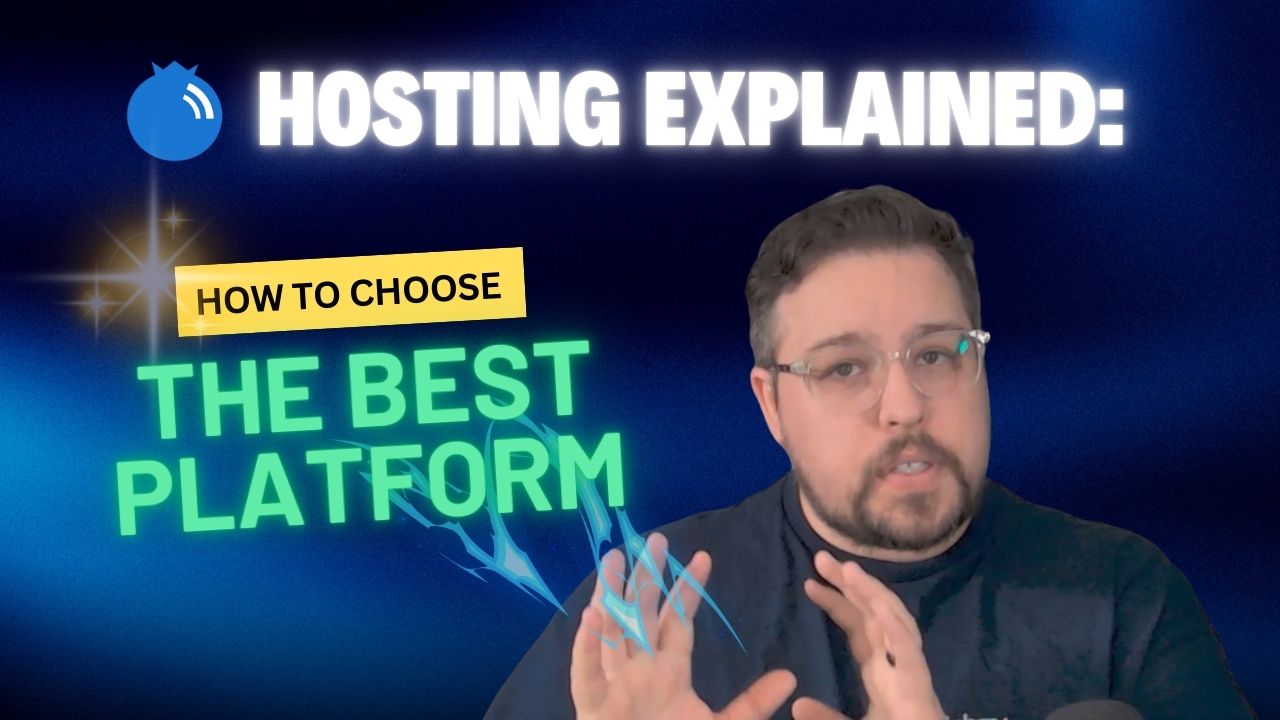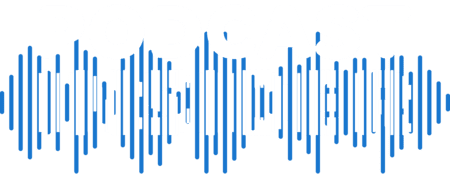 Choosing the right podcast hosting platform can make or break your show. Whether you’re launching your first episode or refining an established series, the right host helps you build your brand, reach your audience, and grow with confidence.
Choosing the right podcast hosting platform can make or break your show. Whether you’re launching your first episode or refining an established series, the right host helps you build your brand, reach your audience, and grow with confidence.
Sit down with Dave Clements, tech support analyst at Blubrry Podcasting, to break down what podcasters should look for in a hosting platform — and what to avoid.
Why a Dedicated Host Matters
You may be tempted to stick with free or ultra-basic services, or even just upload episodes to YouTube. But Dave cautions against it:
“From someone in the trenches of podcast support every day, I can tell you — owning your RSS feed is critical,” he says. “Using a platform that doesn’t let you control your feed is like building your dream house on someone else’s property.”
Ownership means security, control, and the ability to move your content or grow your brand on your terms. Dave also emphasizes the value of having your own customizable podcast site.
“A dedicated website lets you stand out, build relationships with your audience, and control your branding in ways that cookie-cutter platforms just can’t.”
What to Look for in a Hosting Platform
 So, what separates a great podcast host from a mediocre one? According to Dave, four key pillars are essential: reliability, analytics, monetization tools, and customization.
So, what separates a great podcast host from a mediocre one? According to Dave, four key pillars are essential: reliability, analytics, monetization tools, and customization.
- Reliability & Speed – Your episodes should load fast and stream without hiccups. Listener experience is everything.
- Comprehensive Analytics – “Understanding your audience isn’t optional—it’s how you evolve,” Dave notes. Accurate metrics like downloads, trends, and listener locations help you grow strategically.
- Monetization Tools – Whether you’re ready to monetize or planning, features like dynamic ad insertion set you up for success.
- Customization & Ownership – From domain name to design, having full control over how your podcast is presented makes all the difference.
Avoid the Pitfalls of “Free”
While free services might seem appealing, they often come with strings attached — limited customization, subpar analytics, or even control over your feed.
“I won’t name names,” Dave says with a grin, “but some big-name platforms are easy to get into — and just as easy to outgrow. We see podcasters switch all the time after hitting roadblocks.”
He adds that some popular services have outdated interfaces or lack support for scaling up, making long-term growth harder than it needs to be.
Think Long-Term from Day 1
 Even if you’re not expecting to launch a network or attract sponsors right away, Dave encourages podcasters to think ahead.
Even if you’re not expecting to launch a network or attract sponsors right away, Dave encourages podcasters to think ahead.
“You might not need all the bells and whistles now,” he explains, “but it’s better to start on a platform that lets you grow rather than scrambling to migrate later.”
Platforms like Blubrry offer scalable solutions, advanced stats, dynamic ads, and even AI production tools — all built to evolve with you and your show! Check out what Blubrry can do for you at blubrry.com!





